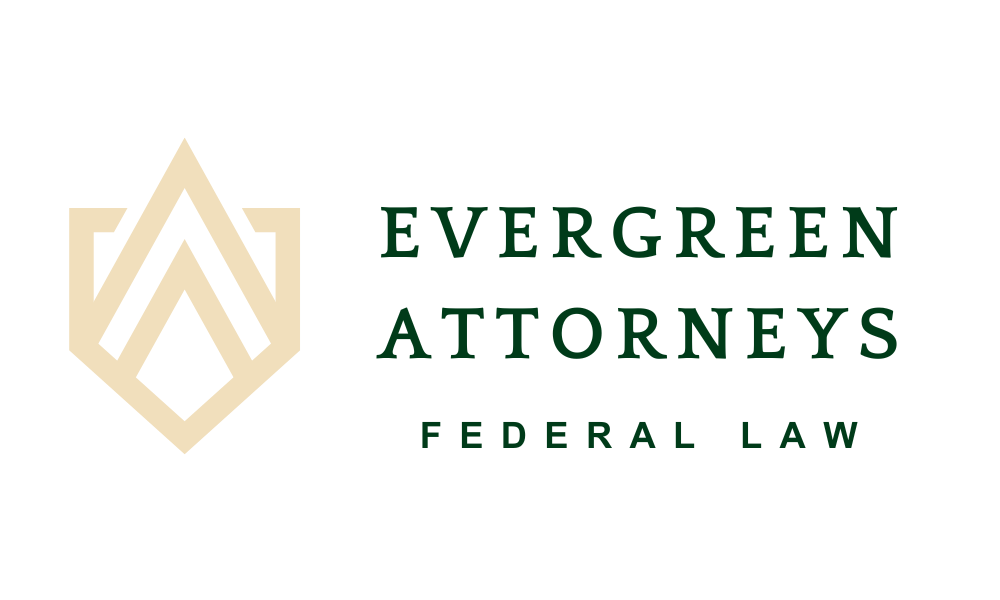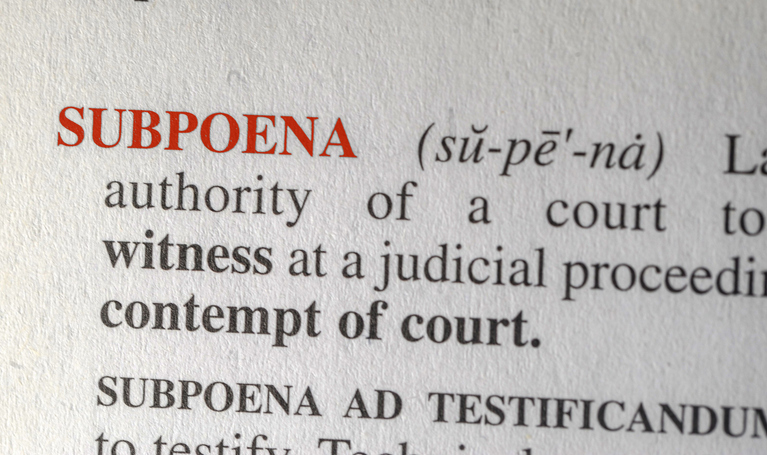Share
Share

On May 28, 2025, the Federal Bureau of Prisons (BOP) issued a directive from Director William K. Marshall, III instructing its staff to expand the use of home confinement for individuals eligible under the First Step Act (FSA) and Second Chance Act (SCA). Below is more information about the BOP’s home confinement expansion and what that could mean for loved ones in federal prison.
Interested in learning about the BOP home confinement rule changes? Need to hear directly from a BOP early release lawyer? Have a loved one in federal prison who wants early release? Read below to see how the new BOP home confinement rules might help.
What is BOP Home Confinement?
Federal inmates nearing the end of their sentence may be eligible to spend the remainder of their time on home confinement. As the name implies, home confinement allows the individual to serve 6 months or 10 percent of their sentence (whichever is less) at home rather than in prison or at a Residential Reentry Center.
Home confinement is still considered BOP custody, and there are often strict restrictions involved such as GPS location monitoring, random drug tests, random inspections, curfews, etc. However, spending one’s time in the comfort of their own home is far less restrictive than in prison.
Home confinement is also a great way for those who have spent a long amount of time in prison to reacclimate and can reduce the risk of recidivism. Plus, home confinement is one of the cheapest methods of carrying out a sentence.
How Does the First Step Act and Second Chance Act Apply to Home Confinement?
The Second Chance Act actually came before the First Step Act. The SCA was originally enacted in 2008 and has just been reauthorized in 2025. The SCA provides funding for community-based reentry programs (such as RRCs and home confinement) in an effort to reduce recidivism.
The First Step Act was passed in 2018, and among other things, expanded the BOP’s authority to use home confinement for eligible federal inmates. One purpose of the FSA was to encourage the BOP to increase the number of inmates released to home confinement by expanding the eligibility criteria.
BOP Whiplash
This most recent directive may come as a bit of a surprise given the BOP’s internal memo sent on March 31, 2025, immediately reducing all Second Chance Act RRC placements to a maximum of 60 days.
Just 10 days later, the BOP issues a new memo rescinding the previous guidance and 60-day maximum cap on RRC placement.
Directive to Expand Home Confinement
The BOP’s newest directive appears to attempt to reduce RRC placement by increasing the number of federal inmates that go straight to home confinement. In many cases, inmates will be sent to an RRC first before being moved to halfway house. Under the May 28, 2025 Directive, individuals who do not require the services of an RRC should be transferred directly to home confinement as soon as statutorily possible.
The new directive also gives the following instructions for BOP staff:
- Home confinement is a priority for individuals who are eligible and do not require the structured support of an RRC. RRC placement will be reserved for those with the greatest need.
- Use of Conditional Placement Dates: Unit Teams must use FSA and SCA Conditional Placement Dates–based on projected Earned Time Credits (FTCs) expected to earn–to guide prerelease planning and ensure accurate and timely referrals.
- Clarification of Statutory Authority: Staff must distinguish between FSA and SCA eligibility criteria, applying time credits appropriately and understanding the limits of each statute, particularly when determining duration of prerelease custody. There is no restriction concerning how many FTCs may be applied toward home confinement.
- Individualized Referral Process: Decisions will be based on each person’s needs, support systems and readiness for reintegration.
You can click here to read the directive in full.
Federal White Collar Criminal Defense at Evergreen Attorneys
Contact Experienced Federal Criminal Defense Attorneys
If you or a loved one need assistance with First Step Act Earned Time Credits, halfway house, or home confinement, contact the experienced federal criminal defense attorneys at Evergreen Attorneys today. We can be reached at (303) 948-1489 or by email at [email protected].
David Boyer
It was David’s passion for the law and helping others that led him to becoming an attorney. He particularly enjoys appellate and post-conviction work.
David is proud to offer representation nationwide from his office in Plano, Texas.
STAY IN THE LOOP













